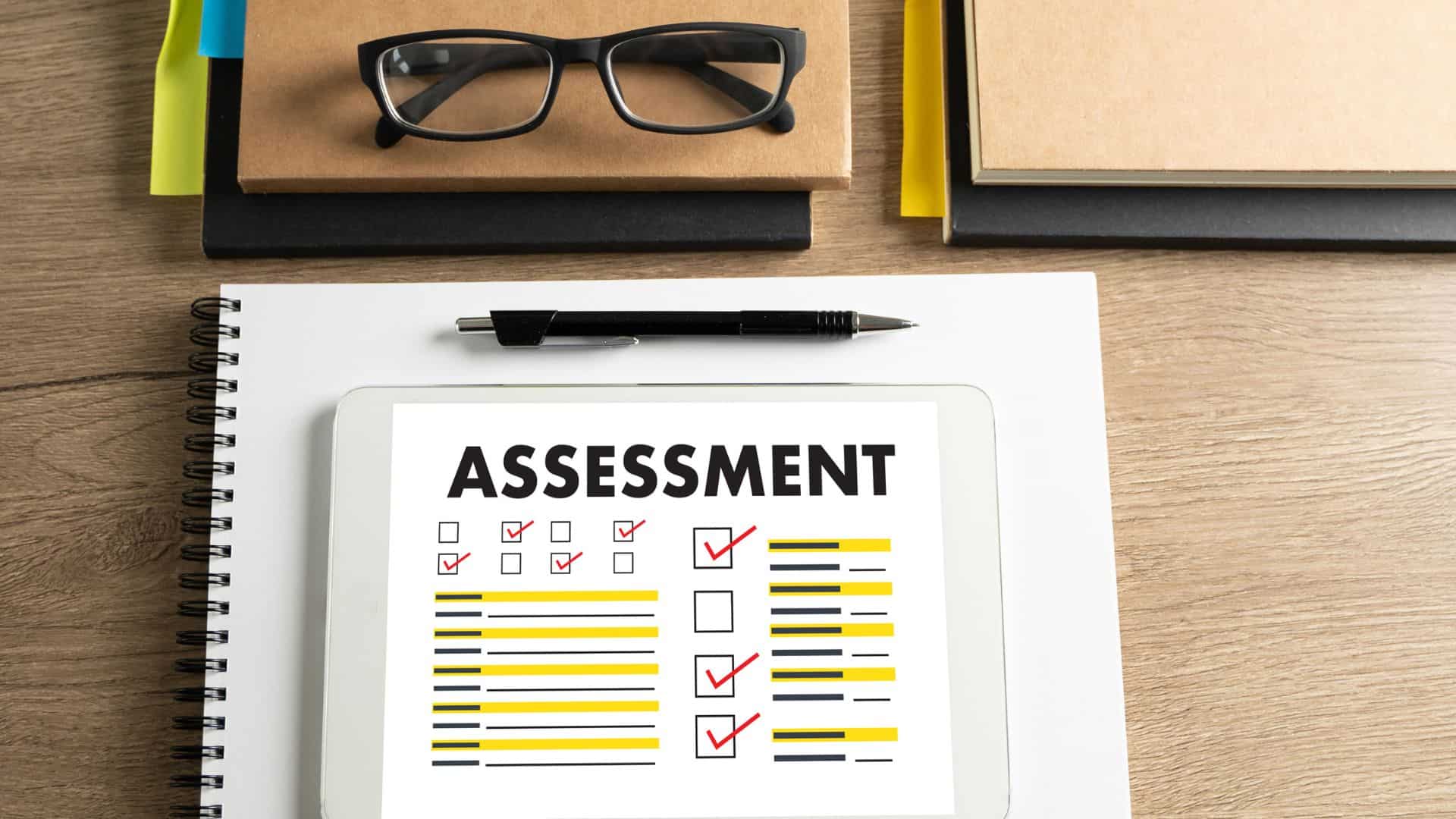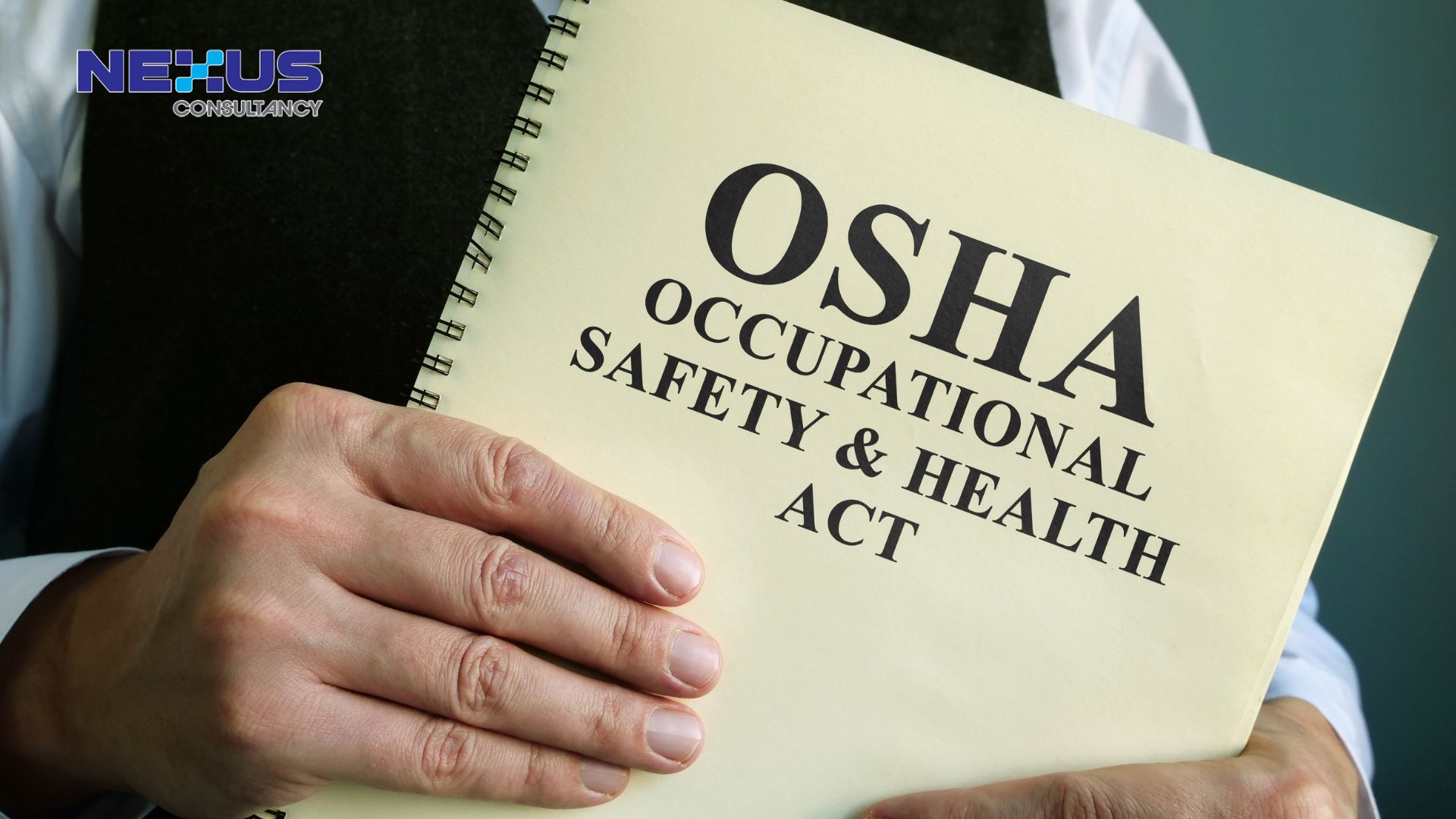
Danielle Tan
Chief Operating Officer
The ISO 14064-1 standard provides guidelines for organizations to quantify, monitor, and report greenhouse gas emissions and removals. This aims to explain the purpose and scope of ISO 14064-1, helping readers understand its importance in greenhouse gas reporting and environmental management.

Environmental, Social, and Governance (ESG) factors have become a key part of business success and longevity in the modern world. Small and medium-sized businesses (SMEs) are also realizing how important it is to align their operations with social compliance standards. Bigger companies have been at the forefront of ESG efforts so far. But many SMEs have trouble getting started on this path because they don’t have enough resources. In this piece, we’ll talk about the challenges that SMEs face when it comes to social compliance and suggest some practical, low-cost ways for them to get started on their ESG journey.
The Challenges of Social Compliance for SMEs
Resource Constraints: The lack of resources is one of the biggest reasons why SMEs don’t follow social compliance standards. Unlike their larger peers, SMEs often don’t have the money or people needed to put together full ESG programs.
Complexity of Regulations: When it comes to social obedience, the rules can be complicated and are always changing. Small and medium-sized enterprises (SMEs) may find it hard to deal with this complexity and make sure they follow all the rules.
Lack of Awareness: SMEs may not always know what the benefits of ESG efforts are or may not think they are important for their business. This lack of knowledge can make them less likely to take action.
Resistance to Change: For ESG efforts to work, operational processes and the company’s culture may need to change. When workers or management don’t want to change, it can be a big problem.

10 Practical Social Compliance Initiatives for SMEs
#1. Conduct a Materiality Assessment: SMEs should start their ESG journey by figuring out which social problems are most important to their business. A materiality review helps a company and its stakeholders figure out which parts of social compliance are most important to them. This focused method makes sure that resources are used well.
#2. Employee Training and Engagement: Most of the time, improving social behavior in SMEs starts with the people who work there. By giving training and education on ESG principles, you can make more people aware of them and build a sustainable culture. Getting employees to talk about social problems can also lead to good ideas and insights.
#3. Partner with Industry Associations: SMEs can benefit from joining industry associations or trade groups that provide guidance on ESG compliance. These associations often offer resources, best practices, and networking opportunities, helping SMEs stay updated on the latest developments in social compliance.

- #4. Collaborate with Suppliers: Strategy can be used to improve social compliance by building strong relationships with providers. SME owners and their sellers can work together to make sure that ethical and environmentally friendly practices are used throughout the supply chain. This not only makes sure that rules are followed, but it also reduces risks.
- #5. Leverage Technology: ESG efforts can be made more efficient and save money with the help of technology. SMEs can buy software that helps them collect, track, and report on data related to social compliance. Administrative work can be made easier with the help of automated tools.#6. Start Small and Scale Up: SMEs shouldn’t feel like they have to do everything at once to be socially compliant. Starting with a few manageable jobs lets you improve over time and make the best use of your resources. If these projects are good, they can be made bigger.

#7. Set Clear Goals and Metrics: SMEs should set clear, measured, and time-bound goals for social compliance. This gives the organization a clear plan for how to make progress and lets it keep track of its success over time. Key performance indicators (KPIs) help show dedication to stakeholders when they are evaluated and reported on regularly.
#8. Seek External Support: When in doubt, SMEs can seek guidance from external consultants or organizations specializing in ESG compliance. These experts can provide valuable insights and support tailored to the unique needs of SMEs.
#9. Communicate Transparently: Transparency is a key component of social compliance. SMEs should communicate their ESG efforts openly with stakeholders, including customers, investors, and employees. Honest reporting of progress and challenges builds trust and credibility.
#10. Learn from Peers: Networking with other SMEs that have embarked on their ESG journey can be invaluable. Sharing experiences and learning from peers can provide practical insights and motivation.
Conclusion
Social compliance in the context of ESG can be hard for SMEs, but it is important for their long-term success and resilience. SMEs can start their ESG journey and build a mindset of social responsibility in their organizations by taking actions that are useful and don’t cost much. With determination and strategic planning, you can deal with problems like limited resources, complicated rules, lack of knowledge, and resistance to change. As the business world continues to change, SMEs that put social compliance first will be better able to do well in a world that is becoming more ESG-focused.
To learn more about food safety culture, contact us to know more






